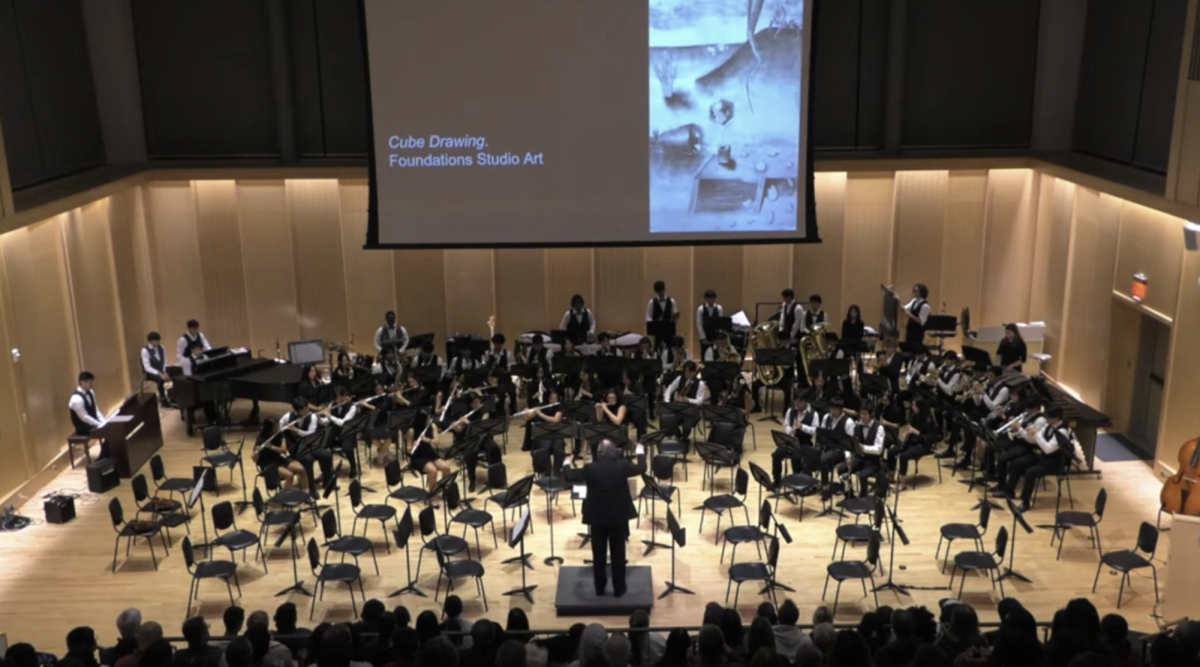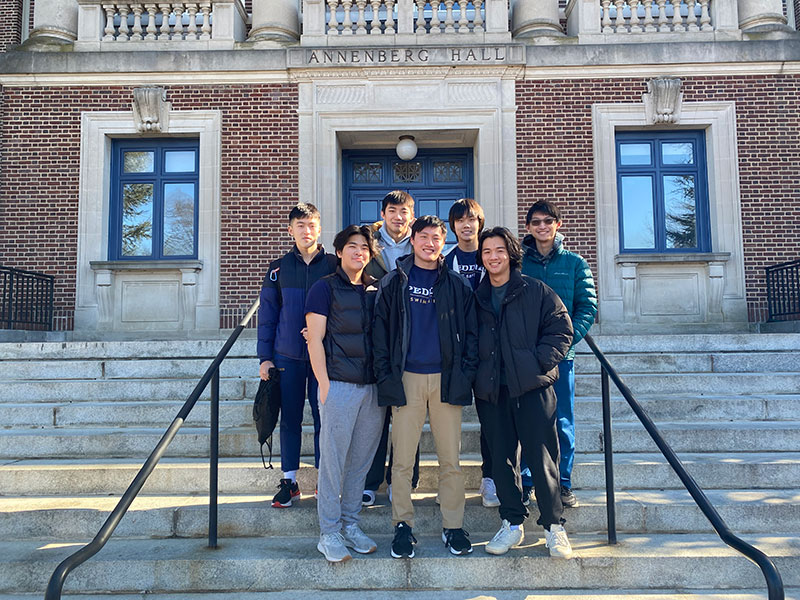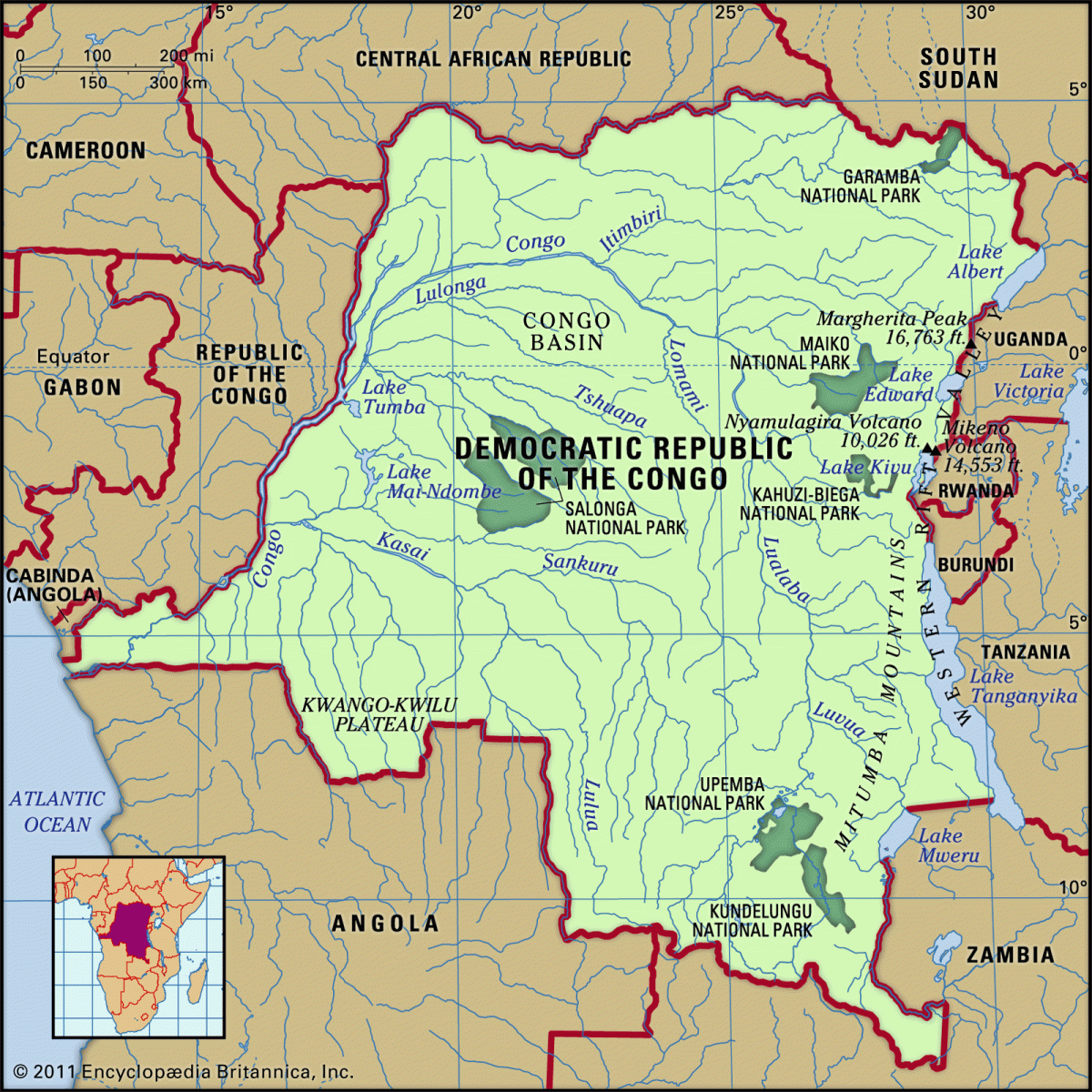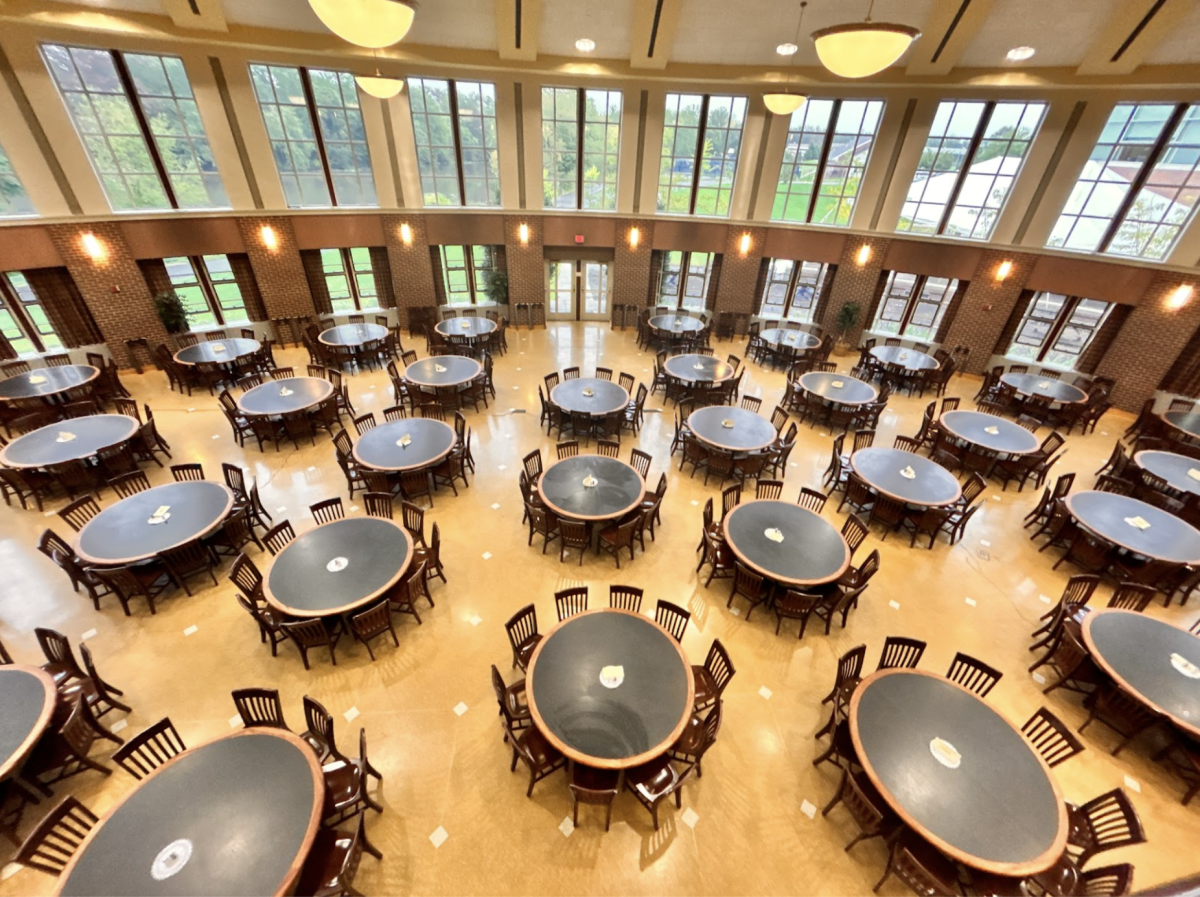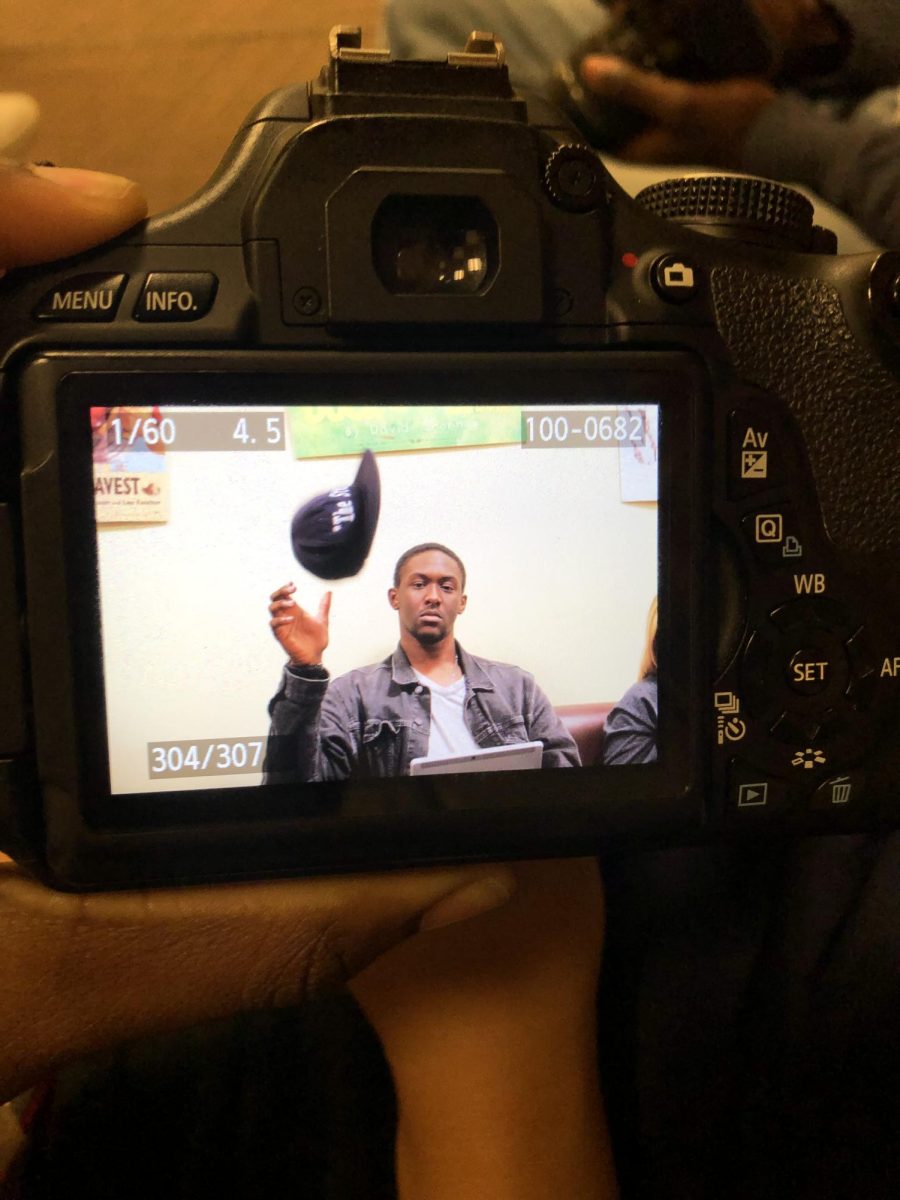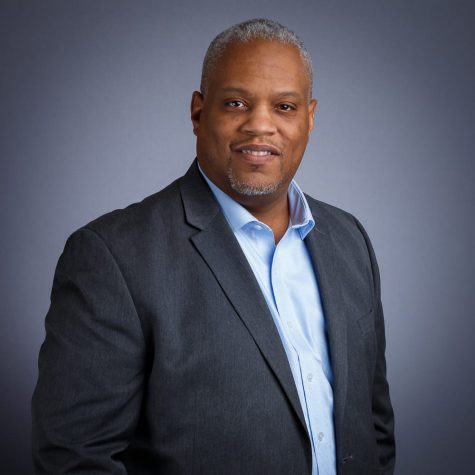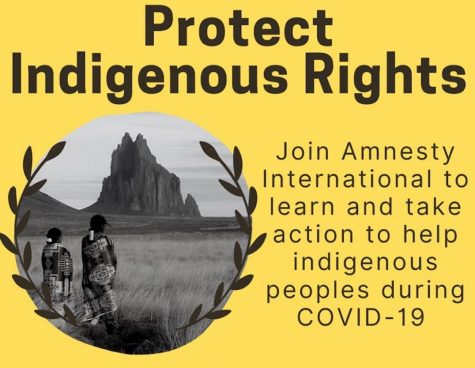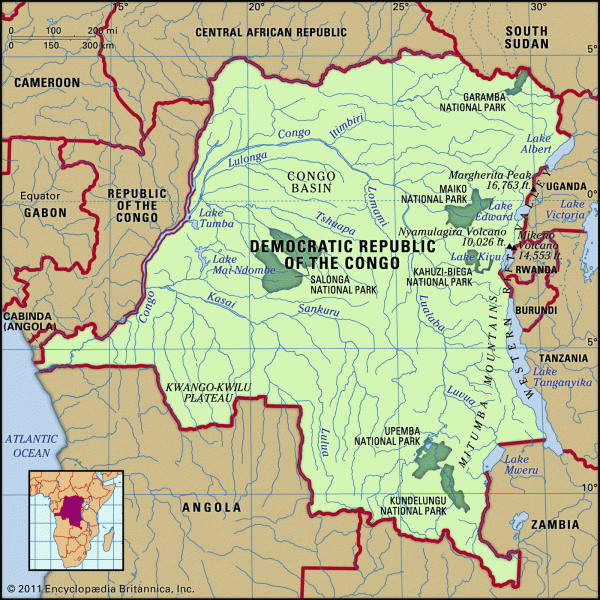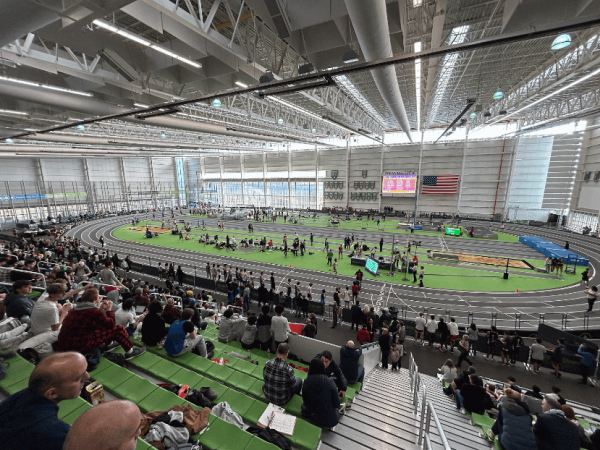Peddie Students Efforts on the State of Afghanistan
January 13, 2022
America’s 20 years of war in Afghanistan came to a violent end in August when President Biden pulled U.S. troops out of Afghanistan in a disorderly fashion. There were no plans for what would happen to those who had become U.S. allies during its conflict with the Taliban that lasted more than 20 years (Duhart, Bill. “N.J. has welcomed Afghan refugees. Here’s how you can help them.” NJ.com, August 27, 2021). This left not only an opportunity for the Taliban but also major confusion for citizens. In horrifying images, some hung on to the sides of overcrowded departing flights and fell to their death. The situation was so unstable and still is, to the point that most people were willing to risk their lives just to leave.
As the U.S. started to pull out, the Taliban started to take over most parts of the country. Most Afghans were worried about falling back to an oppressive regime under the Taliban, which has now become a reality as they now control the entire country. The actual number of people displaced is staggering at about 677,832 people. The number keeps rising as many more keep trying to find ways to leave. Some of the most affected include the Hazaras. The Taliban demanded that they leave the country once they assumed power, which has already happened. Some of the other affected regions include Daikundi, Uruzgan, and Kandahar provinces.
Individuals known to have some association with the former administration or a connection to the U.S. are not just being executed but being evicted in the masses. As the withdrawal process continued as per a deadline agreed upon between the Taliban and the U.S., questions started emerging as to where these refugees would be taken. Different countries offered to take some of them, including the U.K., Canada, Mexico, and Australia. While the U.K. promised to take up to 5,000 refugees, Canada offered to take 20,000. Australia has set its annual maximum at just above 13,700 refugees (Elgot, Jessica. “The UK to take 20,000 Afghan refugees over five years under resettlement plan” The Guardian, August 17, 2021).
While the number of Afghan refugees in the U.S. continues to rise, one of the places that have taken in a large number of them is New Jersey. Community-based non-profit groups are working tirelessly to come up with reliable ways of settling these families. Some of these families left everything they owned back in Afghanistan and are looking to start afresh, which is obviously demanding.
One non-profit organization, Refugee Assistance Partners NJ (RAP), has managed to find temporary structures for the refugees, including churches and even apartments. The group is asking for further assistance through social media to ensure that it will be able to settle more than the 10 families that it can currently handle. They have already written to the president asking for further financial assistance to assist in the same. The specific number of people resettled is 17, which is not enough considering the tens of thousands expected to arrive (Duhart, 2021). Other refugees are being hosted on military bases temporarily. Tents have already been established in the various bases expected to hold at least 4,500 people starting in August.
As the situation in Afghanistan continues to deteriorate, it is important for countries such as the U.S. to have more measures in place to assist in resettling them. Therefore, the current measures need to be revamped. At our own community level, there are things that we can do about this grave situation. There are local NGOs helping refugees and evacuees from Afghanistan. For example, Refugee Assistance Partners NJ is an all-volunteer NGO helping refugees resettle in Northern and Central New Jersey. They work with resettlement agencies, such as the International Rescue Committee in Elizabeth and Church World Service in Jersey City, and other community partners. Currently, many evacuees are at military camps, and donations of bare necessities or other goods and items are neither practical nor desired. However, there are donations for those at the camps and donation and volunteer opportunities for settlers in New Jersey. At Peddie, the Amnesty International and ACE Club are working on related campaigns.




